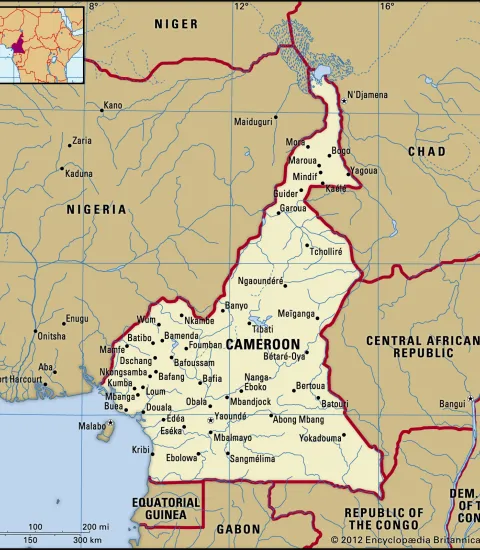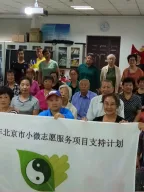
Providing legal support to refugees in Cameroon
In 2019, Cameroon was home to more than 1.7 million people of concern to UNHCR, including refugees, asylum seekers and internally displaced people. These displaced people are often subject to human rights violations but they and, those who should protect them, often lack awareness of the rights that should be afforded to them and the options they have to improve their situation. By using pro bono legal experts and other volunteers to provide direct support, and by raising awareness of those institutional actors who can help protect displaced people, the REWAC volunteers have mitigated risks, including related to lack of documentation, arbitrary arrests, detention and limited access to services. REWAC volunteers also contribute to creating more effective, inclusive and resilient systems to protect displaced people in the local area; training local lawyers on the rights of displaced people and holding workshops to sensitize the police, the judiciary system, community leaders and legal students.
Since 2018, 11 online volunteers have helped REWAC access international legal expertise that they might otherwise have found difficult, including from UNV’s online volunteering platform. This has helped to increase the visibility of REWAC within the local support system for migrants and ultimately led to a reduction in the cases of violations and abuse of the rights of vulnerable migrants.
- https://www.rewac.org/background/
- Annual report (coming soon)






